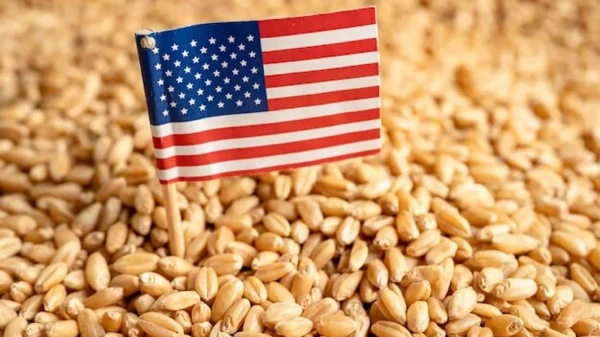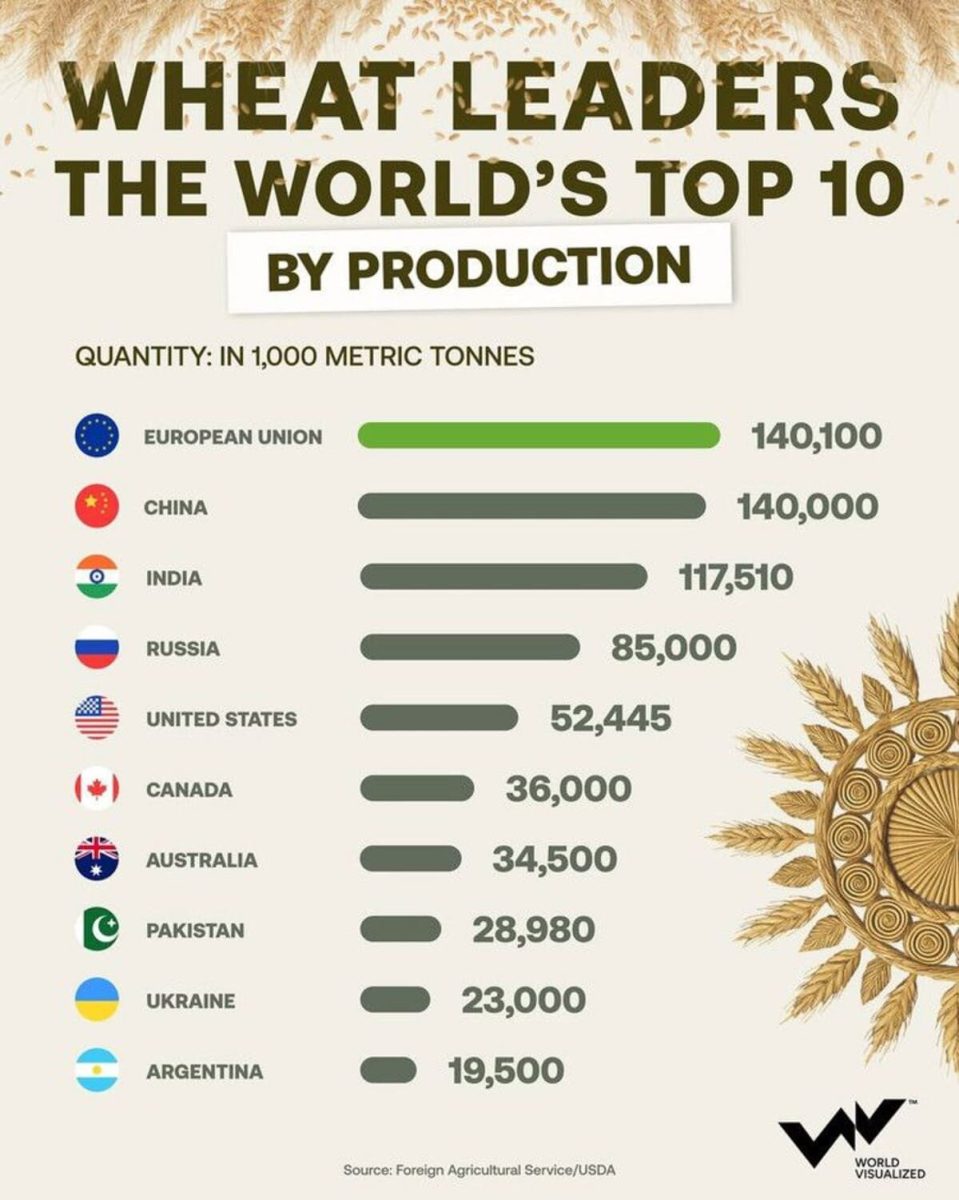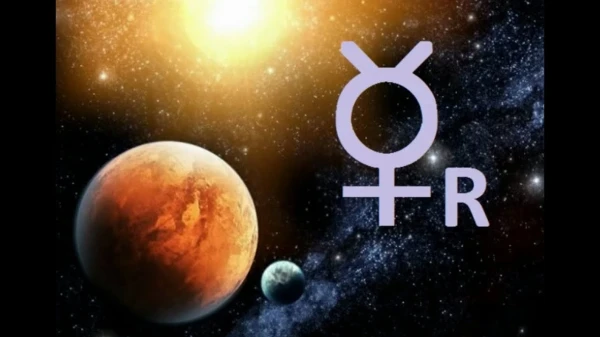
This humble crop provides 20% of humanity's calories.
According to data from the Foreign Agricultural Service of the U.S. Department of Agriculture (USDA), global wheat production has reached an impressive milestone this season. The European Union and China shared the top spot, each producing approximately 140 million tons of wheat, reinforcing their status as world leaders in this sector.

Together, these countries account for over 90% of global wheat production, highlighting that global volumes are still concentrated in a limited number of regions.
Wheat remains one of the most important food crops on the planet, providing about 20% of the calories consumed by humanity.
However, by 2025, its significance goes far beyond its food function — it is now at the center of discussions on global food security, resilience to climate change, and stability in world trade.
Global events in recent years — from conflicts in Eastern Europe to droughts and floods caused by climate change — have kept wheat in the spotlight.
<iframe width="560" height="315" src="https://www.youtube.com/embed/UNwul9yMWjQ?si=JAC2Qc8m6cmoAmCF" title="YouTube video player" frameborder="0" allow="accelerometer; autoplay; clipboard-write; encrypted-media; gyroscope; picture-in-picture; web-share" referrerpolicy="strict-origin-when-cross-origin" allowfullscreen></iframe>












